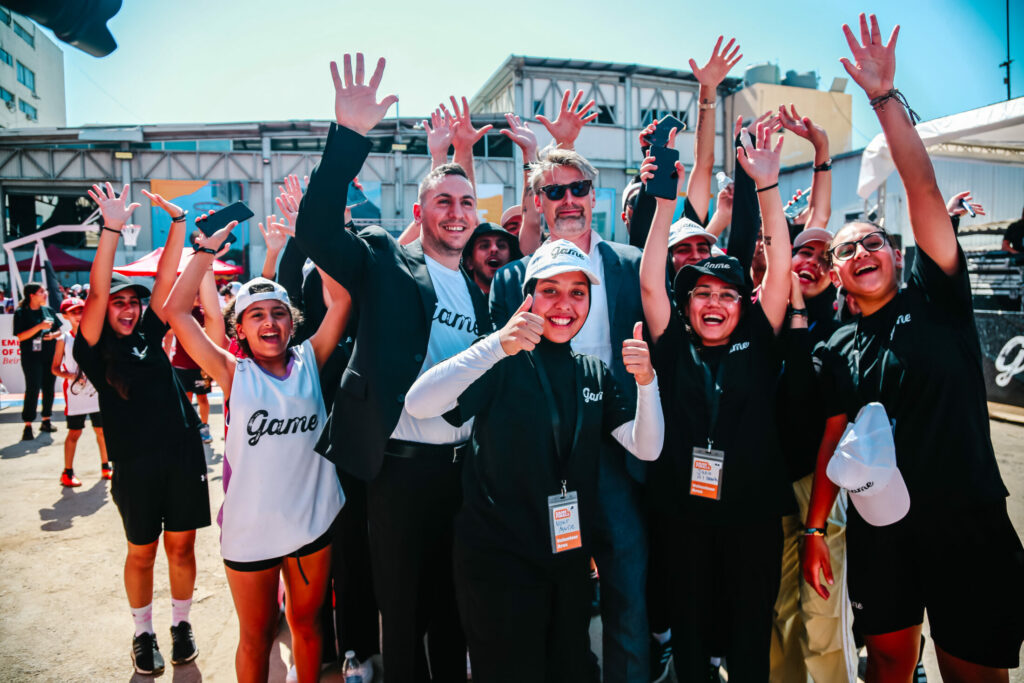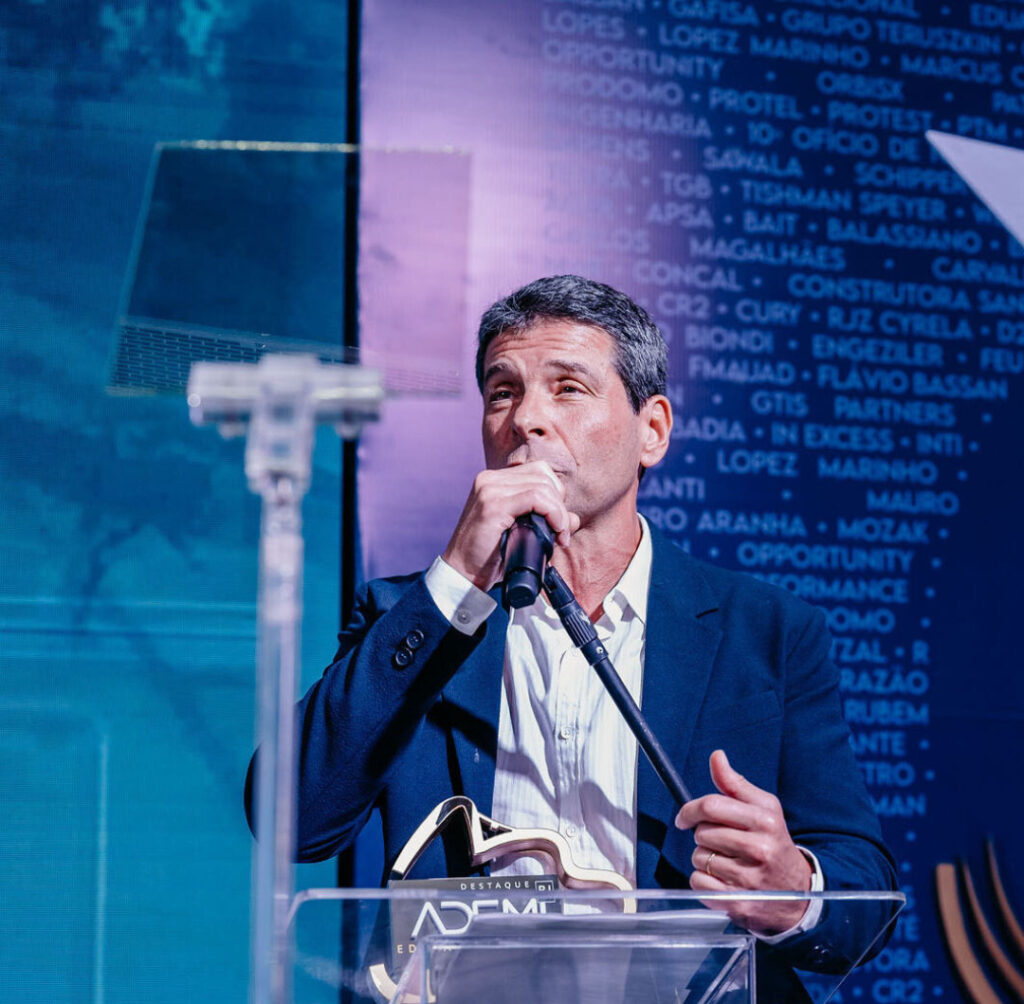With many eyes turning to SITAWI Finance for Good, a pioneer organization in the development of financial solutions for social impact and in the analysis of the social and environmental performance of companies and financial institutions in the most populated country in South America. You too, should give me a call, if you look for Brazil at its best.
by Jean-Christophe Nothias | Editor
Jean-Christophe NOTHIAS (JCN): How is Brazil doing? And how is Sitawi doing in this context?
Leonardo Letelier (SITAWI’s Founder & CEO): As I speak, Brazil is going out of a recession into a highly polarized political environment. That generates additional pressure for social services and transformation, which might be part of the reason why SITAWI keeps growing ~40% per year as in the last five years.
JCN: Tell us about SITAWI economic model, which is quite diverse. Does that diversity mirror the difficulties to run any nonprofit in Brazil (in an ethical fashion), or do you see it more as a full set of innovative options? Do you expect, or wish to focus on, one of these streams of revenues to grow Sitawi, and what would be the perfect kicker to see that stream growing?
Leonardo Letelier: To be quite honest, this diversified funding model arose out of necessity. When we realized that our “silver bullet idea” – turning grants into loans and recycling philanthropic capital – needed a scale about 100 times larger to be sustainable, we started looking at other capital-related needs of the social impact sector and started creating new products such as Donor Advised Funds (DAF), which did not exist in Brazil, crowd-lending, guarantees and even Social Impact Bonds.
In terms of growth, I believe we will always have an “area” of the organization focused on innovation and as we master each of those (or we believe we master it), it gets turned into a more regular operation. To put it in other words, the first DAF was an innovation, the twentieth became business as usual, and could be scaled up. Today, all those “products” generate margin enough to cover ~60-70% of our budget. The remainder comes from unrestricted giving, mostly from individuals. Our ideal scenario is to use those donations to foster even more innovation, but today we still need them to cover operating expenses.
JCN: At the end of the day, when looking at all the efforts driven by Sitawi, who are the people you’ve most engaged and who are the people you think you should engage in a more effective way? How do you see that happening?
Leonard Letelier: When I started SITAWI, 10 years ago, my personal vision was to be of service to social entrepreneurs though finance. Today, our stakeholders have become much more varied – from funders, to impact investing funds, from nonprofits to government. Not only that, I spend a good portion of my time trying to lead (and hopefully inspire) our team of 40 people. So, over time, I have engaged less and less with social entrepreneurs, but I still hold them dear in my heart and provide coaching to a few of them every year.
JCN: As regards Human Resources, where lie your main challenges?
Leonard Letelier: Recruiting the right people and retaining them is as key for us as it is for any company in a knowledge-based activity. Obviously one challenge is pay: we pay “ok” salaries, but almost everyone can leave the organization to make 50% more if they wanted. So we need to double down on intangibles such as purpose, participation in shaping the processes and to some extent strategy of the organization. Now, we also have presence in 4 different cities (one in the middle of the Amazon jungle). Add to that flexible work arrangements and we end up with a context that makes it harder to integrate staff and create sense of belonging, and generate an organizational culture that bonds all of us and all of what we do together.
JCN: For almost 10 years you worked at McKinsey? How do you look back at your job/role back then, and how do you see your current job/role in the next five years based on all of your experience in both “worlds” (private and non-profit)?
Leonard Letelier: I liked a lot working at McKinsey. But I also liked leaving it to start SITAWI. The private sector experience was instrumental to shape SITAWI into what it is today, even if is radically different from what we talked about in the 80-pages business plan we wrote … My role is shifting towards providing more vision and inspiration, being attuned to trends and innovations and setting up a team that can deliver on all our potential for impact. That is very different from where we started – evaluating potential loans, providing advice and fundraising. I ask myself repeatedly if my capabilities are up to these new challenges.
JCN: At NGO Advisor, we believe that the nonprofit sector, if more associated to other players in society, can deliver the sustainable and fair growth our societies are longing for? Do you see the private sector going beyond the “sponsor-charity” model as it has been in practice for the last 10 years in Brazil?
Leonard Letelier: We work in the intersection of business/finance and impact, so we have witnessed first-hand the opportunity available for growth if we look at the nonprofit sector as an economic sector. The fact that the funding comes, in part, from donations does not change the fact that it employs millions of people, generates billions in tax revenue – with the added benefit that it’s intent is to generate positive impact for society, not just sell widgets. I use to say that donation as a revenue source has the same “quality” as sales, albeit in aggregate it might have a smaller quantity. So at the same time that I see a need for increased philanthropy, I see the potential to complement it with more business-like approaches and partnerships.
JCN: What will be your most critical challenge over the next couple of months?
Leonard Letelier: Despite all the tremendous work we do and the successes I spoke about, we still are running to close the end of year gap. So if the reader wants to support the development of social finance in Brazil, please give me a call!
JCN: Here is Leonard’s phone to discuss social finance in Brazil +55 (21) 2247-1136
World Bank’s Social Impact Bond Report 2018
SITAWI’s profile
SITAWI platform
SITAWI is ranked #119 in 2018 NGO Advisor TOP 500 List


